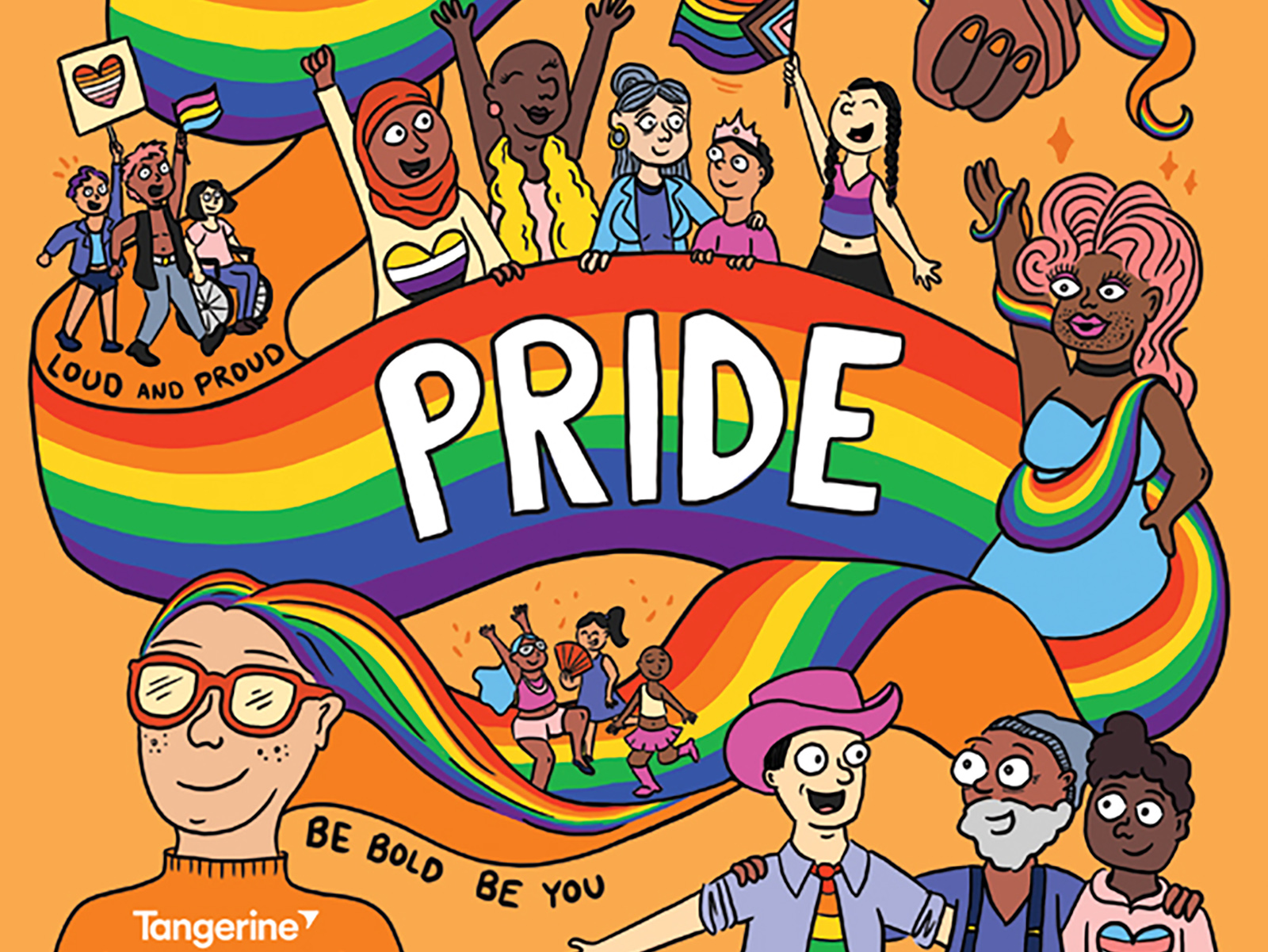Observing the National Day of Truth and Reconciliation
On September 30th, Canadians will observe the second National Day for Truth and Reconciliation, a day to remember, recognize and reflect on the tragic legacy of the residential school system and the harm it inflicted on Indigenous families and communities across the country.
The federal statutory holiday is meant to ensure that the experiences of residential school survivors and their families remain a core component of the reconciliation process.
Orange Shirt Day and a call to action
September 30th is also Orange Shirt Day, a day when Canadians are encouraged to wear orange to remember the approximately 150,000 Métis, Inuit and First Nations children who were removed from their families and sent to residential schools between the 1860s and 1990s.
The Truth and Reconciliation Commission was formed as a result of a class action lawsuit by residential school survivors to document and uncover the truth of Canada's history regarding Indigenous people and residential schools.
There were 94 recommendations from the Truth and Reconciliation Commission, and the National Day for Truth and Reconciliation is a call to action 80 from the Truth and Reconciliation commission:
80. We call upon the federal government, in collaboration with Aboriginal peoples, to establish, as a statutory holiday, a National Day for Truth and Reconciliation to honour Survivors, their families, and communities, and ensure that public commemoration of the history and legacy of residential schools remains a vital component of the reconciliation process.
Raising awareness and getting involved
On Sept. 15, the Native Canadian Centre of Toronto (NCCT) hosted an event in advance of this year’s Orange Shirt Day in the courtyard of Tangerine’s Toronto headquarters, selling shirts and crafts from the centre’s Cedar Basket shop, and collecting school supplies for donation.
Cultural Director Ian Akiwenzie led the gathering in a land acknowledgement, followed by a moving solo performance of an Anishinaabe welcome honour song. The audience fell silent as Akiwenzie’s plaintive vocals and the rhythms of his hand drum echoed through the courtyard.
The event is part of Tangerine’s commitment to raising awareness of Indigenous issues, and its continued involvement with Toronto’s oldest Indigenous community organization.
Over the past few years, Tangerine’s Project Forward initiative has provided the organization with financial support, winter warmth items, more than 300 back-to-school kits, and more than 300 women’s wellness kits.
During the height of the pandemic, Tangerine also provided more than 1,000 brown bag lunches. The bank is supporting the lunch program again this year, in the week leading up to the National Day for Truth and Reconciliation.
“We’re getting 200 people a day coming for lunch now,” says Michael Amos, who runs the youth department at the NCCT. The lunch program, he notes, is a year-round endeavour, supported by a fully staffed kitchen and cafeteria.
But his youth department is one of the focal points of the centre, which receives funding from the City of Toronto in order to subsidize rent for about 120 youth.
“Last year that was just under a million dollars in rents we paid,” Amos notes.
What gives him hope these days? “Doing my job well,” he says – and seeing the impact that makes.
Though there is still a long road to walk towards reconciliation, small steps of progress can make a difference.
“Little seeds can make change,” Amos says.
Walking the walk to make a difference
Interested in making a difference? Visit Reconciliation Canada to see how you can give back by volunteering, donating or participating in partnership opportunities.
For more information, you can also visit National Centre for Truth and Reconciliation and National Inquiry into Missing and Murdered Indigenous Women and Girls.


